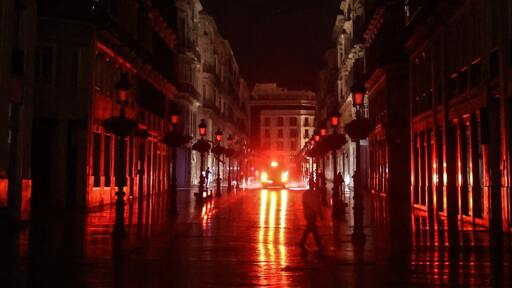…
The Netherlands and seven other EU countries have called on the bloc to urgently improve its patchy civilian preparedness for man-made and natural disasters, in the wake of Russia’s invasion of Ukraine and Spain’s recent power blackout.
The European Commission earlier this spring urged capitals to draw up plans including advising citizens to stockpile food for three days, upgrading emergency shelters and establishing cross-border crisis hubs in the event of conflict or climate disasters.
The initiative comes after European intelligence agencies warned that Russia could attack an EU member state within three to five years, adding to climate change-related threats including floods and wildfires.
…
[Dutch justice minister David] Van Weel and his colleagues from the Baltic states, Finland, Sweden, Belgium and Luxembourg met in Brussels to discuss how to make their countries more resilient at a time when the EU is pouring vast amounts of money into its defence sector to prepare for the eventuality of a full-blown conflict.
He said that the group of countries meeting in Brussels saw itself as “probably more advanced” on this issue than others that showed less willingness to follow suit, in part for fear of alarming their populations.
…
He argued that “if you prepare for the worst scenario — which is a military conflict crisis — then local disasters are easier to handle”.
Co-ordinating among capitals on issues such as stockpiling, alarm systems or creating sufficient shelters was also required for an efficient response, van Weel said.
…
“We saw again, with the blackout in Spain and Portugal, that it takes a long time before we have a shared picture about what’s happened. To have a more Europe-wide co-ordination on that, I think can help,” van Weel said.
But in some countries, the EU’s preparedness plans have also stirred up panic and false claims that Europe was starting a war against Russia.
In Romania, viral online posts in recent months alleged that preparations for food rationing and exercises for reservists in case they needed to be called up were proof Bucharest was joining a war effort.
The Romanian government issued statements in March and earlier this month debunking such claims and insisting that any preparedness plans “do not mean our country is entering any [armed] conflict”.


